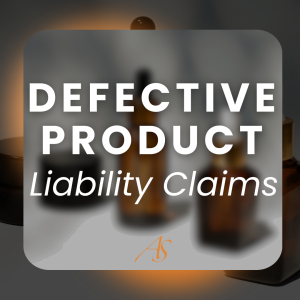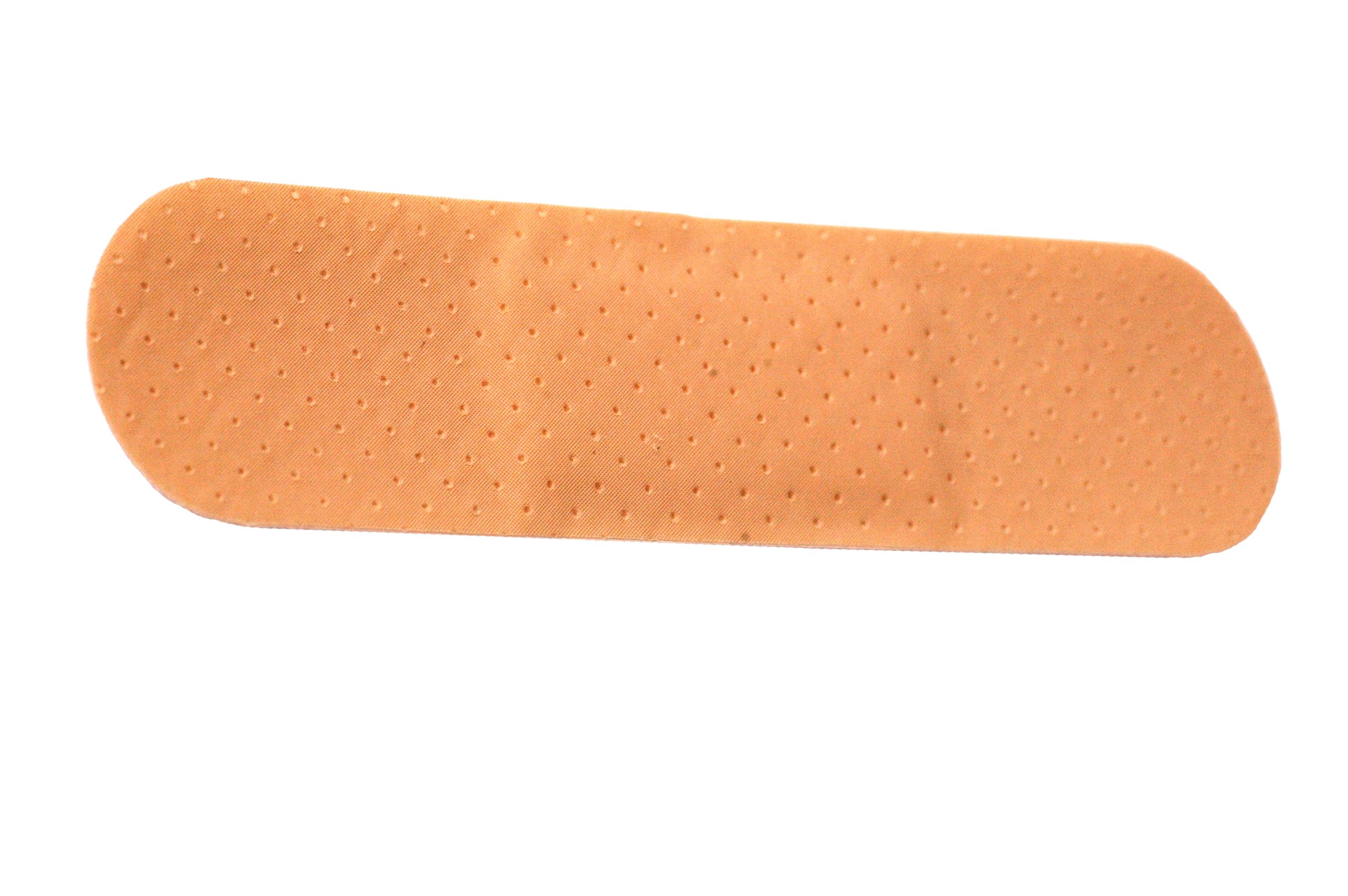
Millions of products are purchased in the United States every year. You can purchase products in a variety of places, such as from brick-and-mortar stores, online, from discount warehouses, and from individuals, among others. Consumers need to take care to ensure that the products they purchase are safe. However, the ultimate responsibility is on the product manufacturers, suppliers, and retailers to provide products that do not cause harm to consumers. If a product causes harm to someone, the person may be able to file a product liability claim to seek damages.
What is Products Liability?
Products liability is the liability that a party or parties have for damages caused by a product. Products are designed to be used by consumers and others, but they must be safe. Product manufacturers, distributors, and stores have a duty of care to provide products that are safe for those who ultimately purchase and use them. A product might be defective if the consumer used it according to direction, but the product malfunctioned or otherwise caused harm.
Charlotte Injury Lawyer Matt Arnold answers the question: “When does the insurance company have to pay for my medical treatment?”
What Happens if I Get Hurt by a Defective Product?
If you were hurt due to a defect in a product, you may be owed compensation for your injuries. The first step is to determine who is responsible for your injury. Was the product defective? Did the manufacturer fail to provide warnings? Did the distributor or store cause problems with the product that resulted in injuries? Was there a recall that was not followed? Did you properly use the product in accordance with the directions? An experienced attorney will help determine how to proceed with your claim.
Types of Product Liability Claims
A product manufacturer is not automatically liable for damages in a product liability claim. In North Carolina, there are three types of product liability claims.
- Manufacturing Defects – This type of claim occurs when a product is defective from the manufacturer. For instance, a mistake in the manufacturing process could result in a dangerous product.
- Defect in Design – A design defect could cause harm to someone who uses the product. Many products have recalls due to the discovery of a flaw in the design that might cause harm to consumers.
- Failure to Warn – A manufacturer must provide adequate warnings and instructions to ensure that consumers know the proper use of a product. The incorrect use of some types of products may be harmful to users.
What to Do About a Defective Product
If you or a loved one was hurt because of a defective product, you may be entitled to compensation. In North Carolina, you generally have three years to file a product liability claim. A person may be able to collect money for damages caused by the defective product, including medical and other costs. You will need to provide proof of the defect and damages to succeed in a product liability case. You may be able to bring a claim against the manufacturer, the distributor, the retailer, or others, depending on the specific details of your case.
To learn more about product liability cases, contact our legal team at Arnold & Smith, PLLC, at (704) 370-2828 for a consultation.
The skilled personal injury attorneys at Arnold & Smith, PLLC are dedicated to maximizing the financial recovery and obtaining justice for every personal injury client injured by another party’s negligence. The issues our personal injury clients may be facing include, but are not limited to, slip and fall injuries, wrongful death, product liability, catastrophic injuries, dog bite claims, car and truck accident injuries, motorcycle injuries, traumatic brain injury (TBI), nursing home negligence, spinal cord injury, boating accidents, and defective medical device injury. Our personal injury attorneys understand the devastating impact such an injury can have on a person’s life, and that the effects so often go beyond physical pain and suffering. The personal injury attorneys at Arnold & Smith, PLLC are dedicated to helping clients determine the strength of their claims, and to aggressively pursuing the means necessary to achieve the best possible end result for each client’s particular situation.
Source:
Manufacturing Defect: Definition, Types & Examples – Forbes Advisor
products liability | Wex | US Law | LII / Legal Information Institute (cornell.edu)
Image Credit:
See Our Related Video from our YouTube channel:
See Our Related Blog Posts:
https://www.charlotteinjurylawyersblog.com/who-is-to-blame-for-injuries-caused-by-faulty-products/

